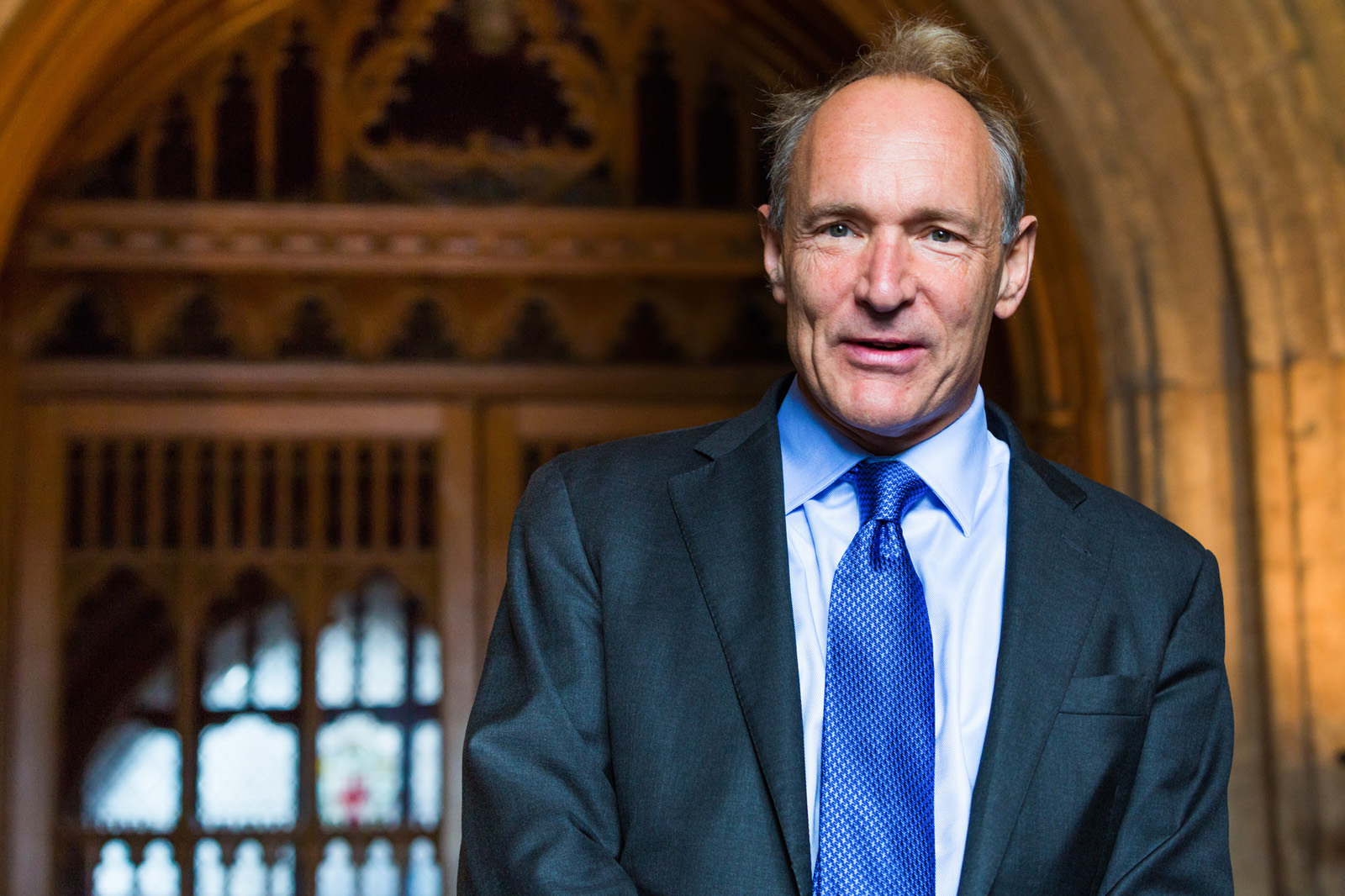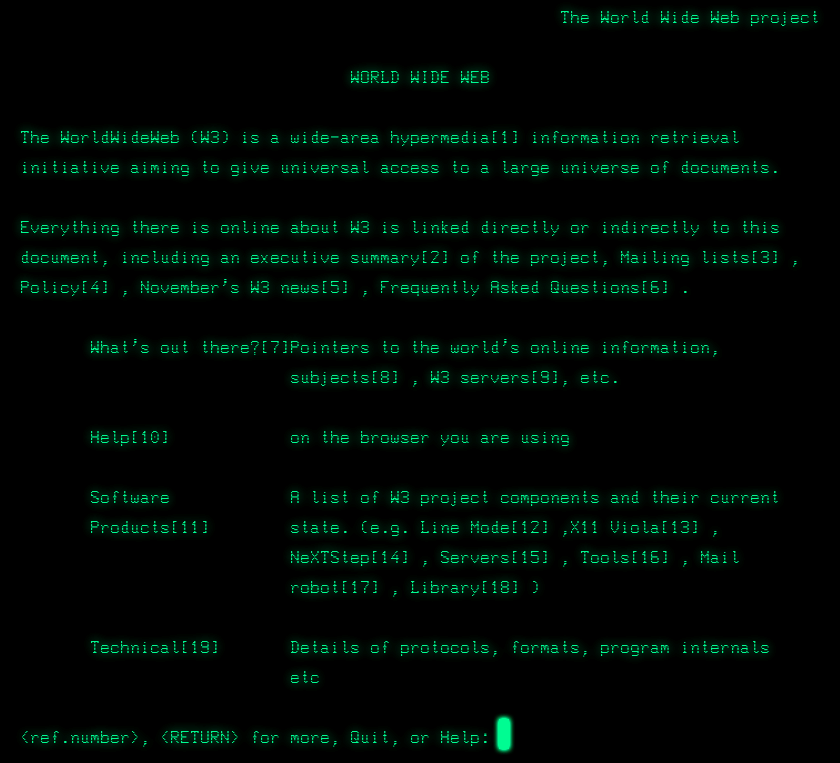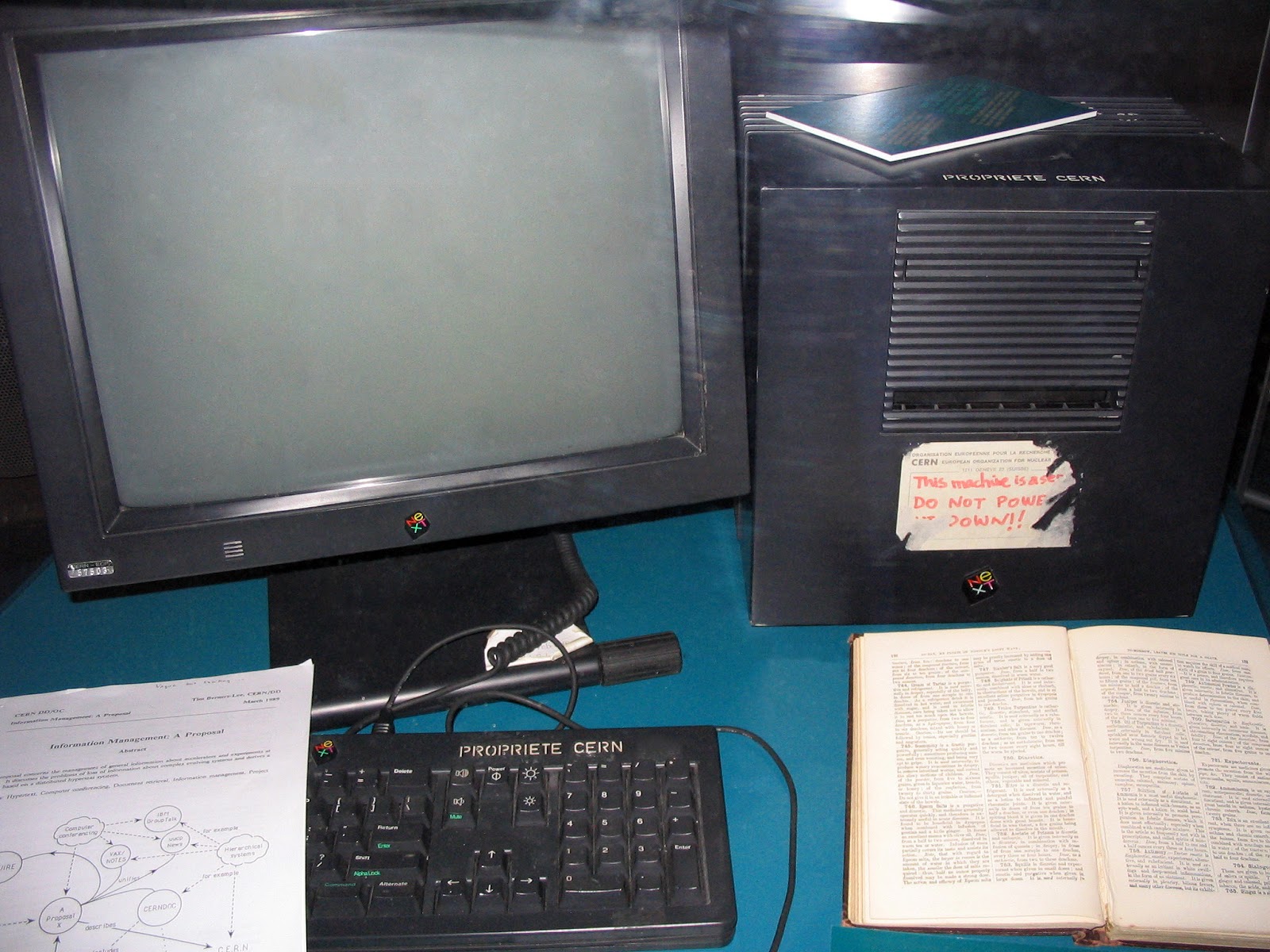| Previous
Page |
PCLinuxOS
Magazine |
PCLinuxOS |
Article List |
Disclaimer |
Next Page |
Happy 30th Birthday, WWW! |
|
by Paul Arnote (parnote) Imagine browsing the internet pre-1989. Your search for information encompasses searches of USENET newsgroups, gopher searches, email, archie and veronica searches, telnet, and FTP'ing files. Oh, the information you seek is out there, but the real chore is finding it. There are no search engines like we have now. Only through perseverance, sheer determination, and many hours of work are you able to find the information you seek. Then, comes along a man with a vision. "Suppose all the information stored on computers everywhere were linked. Suppose I could program my computer to create a space in which everything could be linked to everything," said Sir Tim Berners-Lee. And so, he embarked on a project to do just that.  Sir Timothy Berners-Lee arriving at the Guildhall to receive the Honorary Freedom of the City of London September 24, 2014, Paul Brown, CC-SA 4.0 Finally, in March 1989, Berners-Lee made a proposal while working at CERN (at that time, the largest internet node in Europe) for an information management system that would interlink data on computers on a network via hypertext. Later, in November, 1989, he successfully got a client and server on the internet to talk to one another, using HyperText Transfer Protocol, or otherwise known as HTTP. To create it, Berners-Lee had to come up with the URI (Uniform Resource Identifier) system that assigned an addressing scheme to find a document, the HTTP protocol to connect the computers on a network together, and the HTML (hypertext markup language) format, which formatted the pages containing the links. He then had to create a web server and a web client. It was a tall, tall task, the results of which we all benefit from today. Berners-Lee made it clear then, and continues to evangelize that the world wide web is for everyone.  First web page, still running today.  NeXTStep computer used to develop the WWW. Photo: CERN. You can still view the first web page to ever grace the world wide web here. The world's first web server was a NeXTStep computer. From Wikipedia: Mike Sendall (Berners-Lee's manager) buys a NeXT cube for evaluation, and gives it to Tim [Berners-Lee]. Tim's prototype implementation on NeXTStep is made in the space of a few months, thanks to the qualities of the NeXTStep software development system. This prototype offers WYSIWYG browsing/authoring! Current Web browsers used in 'surfing the internet' are mere passive windows, depriving the user of the possibility to contribute. During some sessions in the CERN cafeteria, Tim and I try to find a catching name for the system. I was determined that the name should not yet again be taken from Greek mythology..... Tim proposes 'World-Wide Web'. I like this very much, except that it is difficult to pronounce in French... by Robert Cailliau, 2 November 1995.Here's some more information on Berners-Lee, courtesy of CERN: Sir Tim Berners-Lee invented the World Wide Web in 1989. He is a scientist and academic whose visionary and innovative work has transformed almost every aspect of our lives. Having invented the Web in 1989 while working at CERN and subsequently working to ensure it was made freely available to all, Berners-Lee is now dedicated to enhancing and protecting the web's future. He is a Founding Director of the World Wide Web Foundation, which seeks to ensure the web serves humanity by establishing it as a global public good and a basic right. He is also Director of the World Wide Web Consortium, a global web standards organization he founded in 1994 to lead the web to its full potential. In 2012 he co-founded the Open Data Institute (ODI) which advocates for Open Data in the UK and globally. Sir Tim has advised a number of governments and corporations on ongoing digital strategies. Sir Tim has received multiple accolades in recent years. These include receiving the first Queen' Elizabeth Prize for in 2013, election as a Fellow of the American Academy of Arts and Sciences in 2009 and being knighted by H.M. Queen Elizabeth in 2004. He has received over 10 honorary doctorates, is a member of the Internet Hall of Fame, and was awarded the Finland Millennium Prize in 2004, and the A.M. Turing Award -- often called 'computing's Nobel Prize' -- in 2016. In 2007, Berners-Lee was awarded the UK's Order of Merit -- a personal gift of the monarch limited to just 24 living recipients and was named one of Time Magazine's '100 Most Important People of the 20th Century'. In 2012, he played a starring role in the opening ceremony for the Olympics, where, in front of an audience of some 900 million, he tweeted: "This is for everyone". Over the past 30 years, the web has seen phenomenal growth. In so many ways, it has changed the very fabric of society. It has made more information available to the masses than anything else that preceded it. Today, it continues its rapid growth. There are whole generations of people who can't imagine life without the world wide web. For them, it is something that has always just been there. They just don't know the world without it. Want To Read More About It? Here are some other resources where you can read more about the founding of the web.
Google Arts & Culture Editorial Feature
Internet Society
World Wide Web Foundation
Google Arts & Culture (Pictorial)
Wikipedia |



